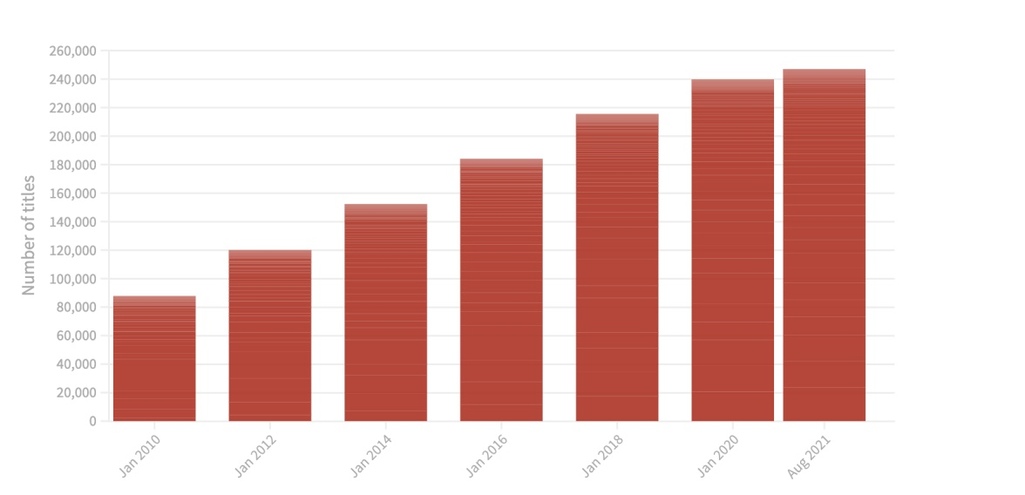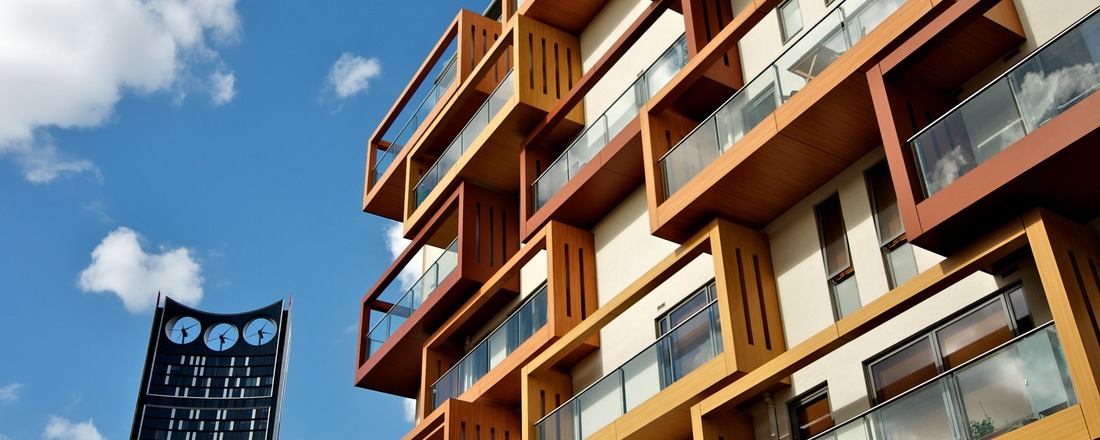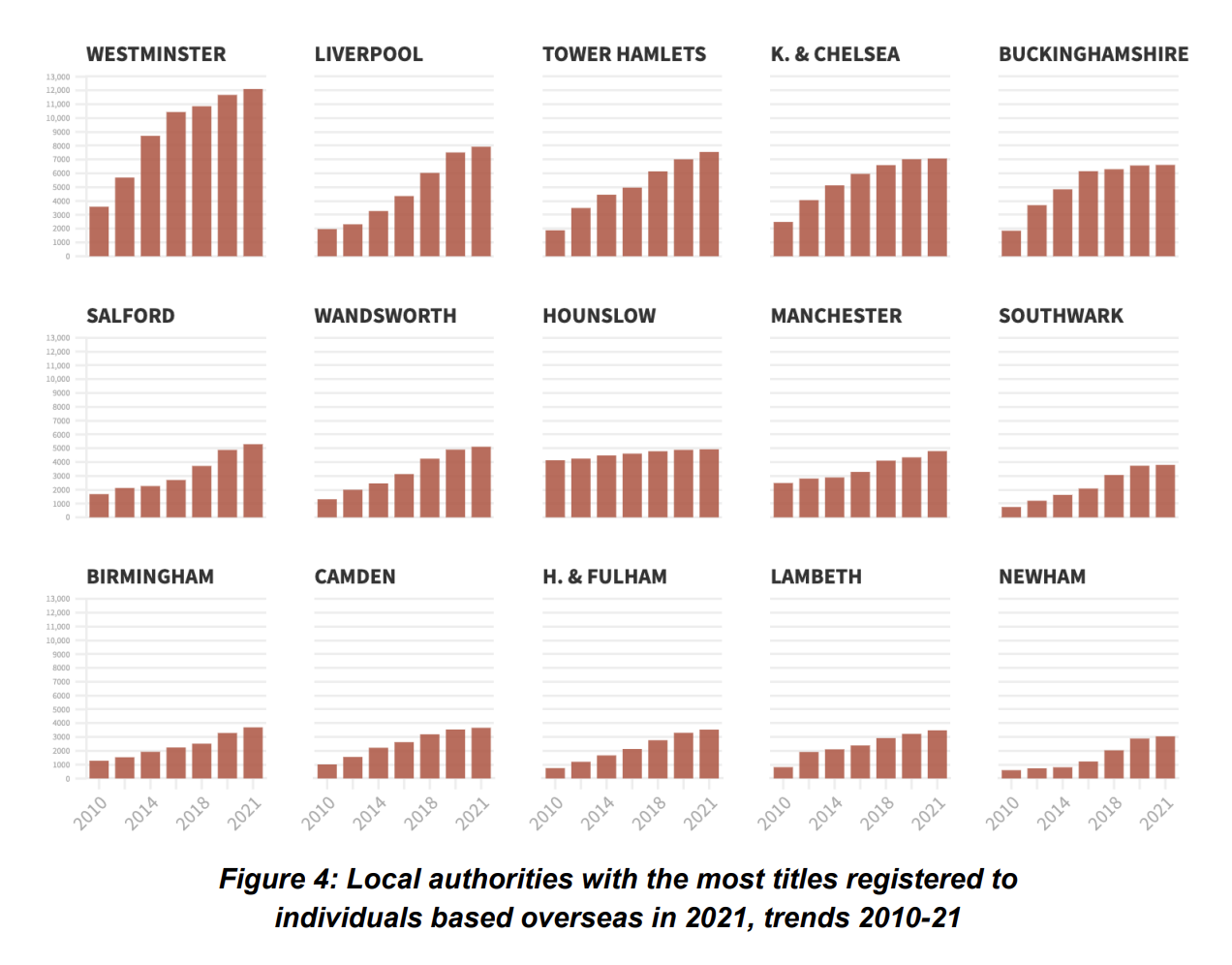Get updates from The Developer straight to your inbox Yes, please!
Foreign ownership is on the rise and driving up house prices
Overseas ownership has doubled over the past decade, a new study reveals. What does this mean for affordability? Yustina Baltrusyte reports

The Developer
Surprise figures released show that the number of homes in the UK with owners registered overseas has soared, Centre for Public Data has revealed. Overseas companies have led to an estimated increase of about 2.1% in house prices, worsening an affordability crisis.
The report by The Centre for Public Data shows that individuals with an overseas correspondence address has more than doubled since 2010 to 247,016 titles across England and Wales, representing 1% of all registered titles. The number of overseas companies also has increased to 94,712 titles which is also more than double of what it used to be.
Northern cities including Liverpool, Salford and Manchester have seen significant rises since 2010 – in Liverpool the number of overseas owners has grown fourfold. Liverpool house prices have increased by 10% this year, following a 15% price rise in 2020.
The research says three-quarters of the foreign buyers can be traced back to just 20 countries. Hong Kong is one of the highest sources of buyers with almost 25,000 homes, a huge increase from 2,170 homes in 2010. Almost 50,000 properties in Wales and England have a correspondence address based in a tax haven or crown dependency in places such as Jersey, Guernsey, the Isle of Man and the British Virgin Islands, The Daily Mail adds.
“There are long-standing concerns about the role the UK property market plays as a vehicle for tax avoidance and corruption. So the fact that many of these titles are registered in tax havens is alarming.”
Anna Powell-Smith, Director of the Centre for Public Data and author of the study says: ’There are long-standing concerns about the role the UK property market plays as a vehicle for tax avoidance and corruption. So the fact that many of these titles are registered in tax havens is alarming.”
Powell also mentions how this impacts the affordability of housing, with second homes often scooped up as an asset. Powell says reliable data is needed to understand the issue at hand. “The Government should start by bringing forward the draft Registration of Overseas Entities Bill, to improve the transparency of property.” Powell states.
HM Land Registry has only been collecting information on overseas ownership since October 2013, so data on properties sold overseas before then is not included in these figures.
Further studies show that many residents may be priced out of the market in areas with high rates of foreign investors which reduce home ownership rates.

The rise in overseas ownership corresponds with an increase of about 2.1% in house prices. which is a staggering increase in numbers. A recent study also shows that in 2014 house prices would have been an estimated 19% lower without foreign investment, with an average house price of approximately £174,000 compared with £215,000. Foreign investment has also been shown to ‘trickle down’ into less expensive properties.
Further studies show that many residents may be priced out of the market in areas with high rates of foreign investors which reduce home ownership rates.
The high level of foreign ownership of London prime property has given rise to suspicions of money laundering. Hilary Osborne from The Guardian states, “Luxury London homes are an ‘attractive method to launder illicit funds’, a government report has said as the National Crime Agency steps up its McMafia-style ‘dirty money’ investigations into suspect funds flooding into the country.”
In 2016, the Treasury and the Home Office published an action report to tackle the growth in money laundering and counter-terrorist finance: “The attractiveness of the London property market to overseas investors makes the UK unusually exposed to international money laundering risks. Substantial sums from crimes committed overseas are laundered through the UK. There is no definitive measure of the scale of money laundering, but the best available international estimate of amounts laundered globally would be equivalent to some 2.7% of global GDP or US $1.6 trillion in 2009.”
A recent study also shows that in 2014 house prices would have been an estimated 19% lower without foreign investment
The financialisation of housing and money laundering are adding to the unaffordable house price increases in the UK. In its 2016 report, HM Treasury and Home Office states the government should prioritise legislation and create new robust actions in response to the threats they face, by creating new legal powers and building new capabilities in the law enforcement agencies. A stronger partnership with the private sector is needed, as well as increasing their international reach and working with international groups such as the G20 and Financial Action Task Force to take action overseas, improving the effectiveness of the supervisory regime and making sure companies that enable money laundering are brought to task.
A new surcharge for stamp duty land tax - which will add 2 per-cent of tax - has been introduced on the 1st of April 2021 for foriegn investors of property in the U.K. However this only applies to purchases completed on or after 1 April, and there are many exceptions to the rule.
Foreign investment is also prevalent in many other countries which has been a hot topic for debate, this has encouraged new policies to control increasing prices in the housing market: Switzerland only allows a certain number of residential properties to be sold to foreigners and the Canadian city of Vancouver has introduced a 15% property tax on foreign homebuyers.
Housing campaigners such as Action On Empty Homes argue that housing should be a human right or public utility, rather than an investment and means of accumulating wealth. Data from the charity’s 2020 report Pretty Vacant states issues that contribute to the housing crisis include unregulated Airbnb lets, second homes and buy to leave investments, whilst 86,000 families, 57,000 from London are on temporary accommodation including 80,000 children. In Islington the typical purchase price of a two-bedroom home is more than 12 times the average annual income whilst average rental costs are as much as 50% of average wages in London boroughs.
“There is no definitive measure of the scale of money laundering, but the best available international estimate of amounts laundered globally would be equivalent to some 2.7% of global GDP or US $1.6 trillion in 2009.”
The Centre for Public Data report is concerned that gaps in published data and loopholes give us little understanding of the impact of overseas purchases. As a result of its investigation, the Centre for Public Data is calling for more transparency and data on overseas ownership.
Powell says, “We recommend that the Government should proceed urgently with plans to implement a public register of the beneficial owners of property in England & Wales that is owned by overseas companies. This will give us more insight into the beneficial owners of land held by companies based in secrecy jurisdictions.” Powell also calls for the Government to prioritise the Draft Registration of Overseas Entities Bill which will create better data on the property owned by overseas investors, and create a public register of options and contracts over land.
Sign up to our newsletter
Get updates from The Developer straight to your inbox
Thanks to our organisation members
Become a member
© Festival of Place - Tweak Ltd., 124 City Road, London, EC1V 2NX. Tel: 020 3326 7238

